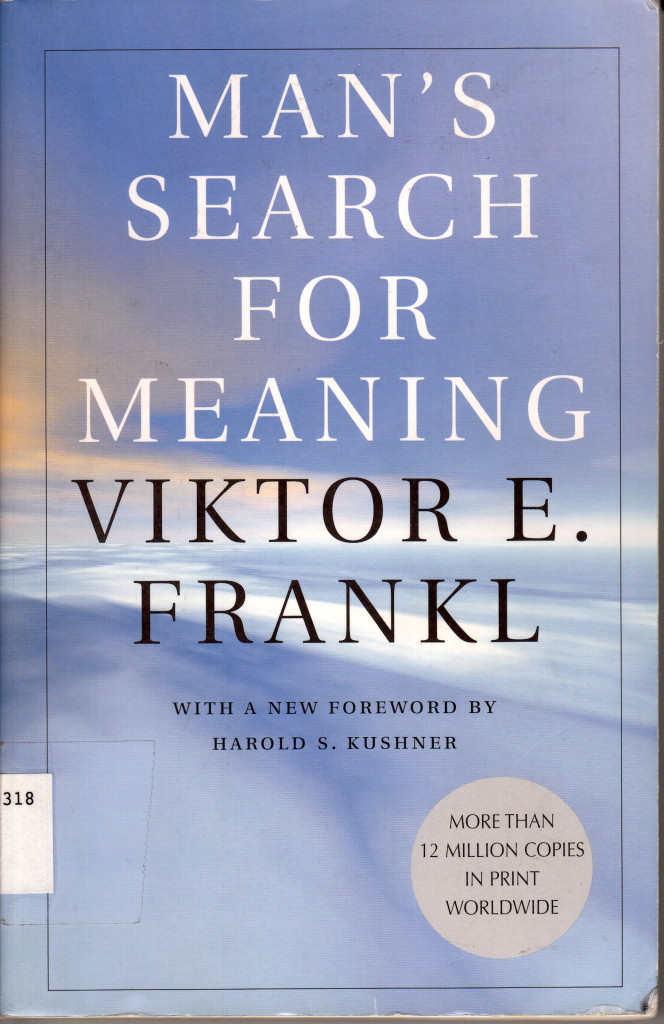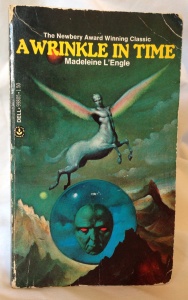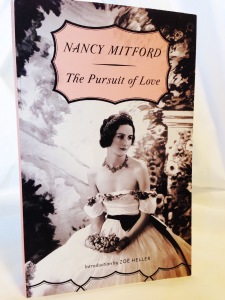
Look, 2020 is a shitshow. This is not a revelation to anyone. The year started with Australia on fire and the US being belligerent towards Iran, and then the pandemic hit, squeezing into all of the cracks of US society, making all of our issues worse (or maybe just exposing them to everyone).
This leads me to: 2020 is one long spooky season. All the time. We are living through a slow motion, low grade horror movie. So a few weeks ago, I decided it was the perfect time to read some Stephen King.
Carrie was his first published novel, released in April 1974 (another disaster of a year, including the ongoing Oil Shock, Watergate, and Nixon’s resignation – at least Nixon had the grace to resign). If you know nothing else about Carrie, you know the scene of the emotional climax of the book: Carrie, on stage, having been crowned prom queen as joke, just so she could have pig’s blood dumped all over her; she is about to kill everyone in the room via her powers of telekinesis.
The full story is rather slim. The premise is that Carrie’s mother is a particularly over-the-top evangelical Christian, and even though telekinesis runs in her family, that Carrie should be ashamed both of her femininity and her powers. Carrie has been shunned by everyone in town because of her family and she has no self-confidence because of her upbringing.
When she is 17, she gets her period for the first time as she is showering and changing after PE and she has no idea what’s going on. She gets made fun of by every single other girl in the locker room; the teacher punishes them all. Afterwards, one girl feels guilty and persuades her boyfriend to take Carrie to senior prom as a way to make up for it. Another girl is angry about the punishment (and that her father is unable to get her out of it), and convinces her boyfriend to get some fresh pig’s blood and rig it up to fall on Carrie just as she is being crowned prom queen for laughs.
After she is humiliated again, she snaps. She uses her powers of telekinesis to kill everyone at prom, and then she walks through town, ending as much of it as she can.
The nihilism, the idea that the bad will win against the good no matter what, the constant bullying that Carrie has faced throughout her life; it’s all breathtaking. Truly, in this book, everything is terrible, the bad always wins, and all you can try to do is survive.
If there is a better metaphor for 2020 so far, I can’t think of it.



